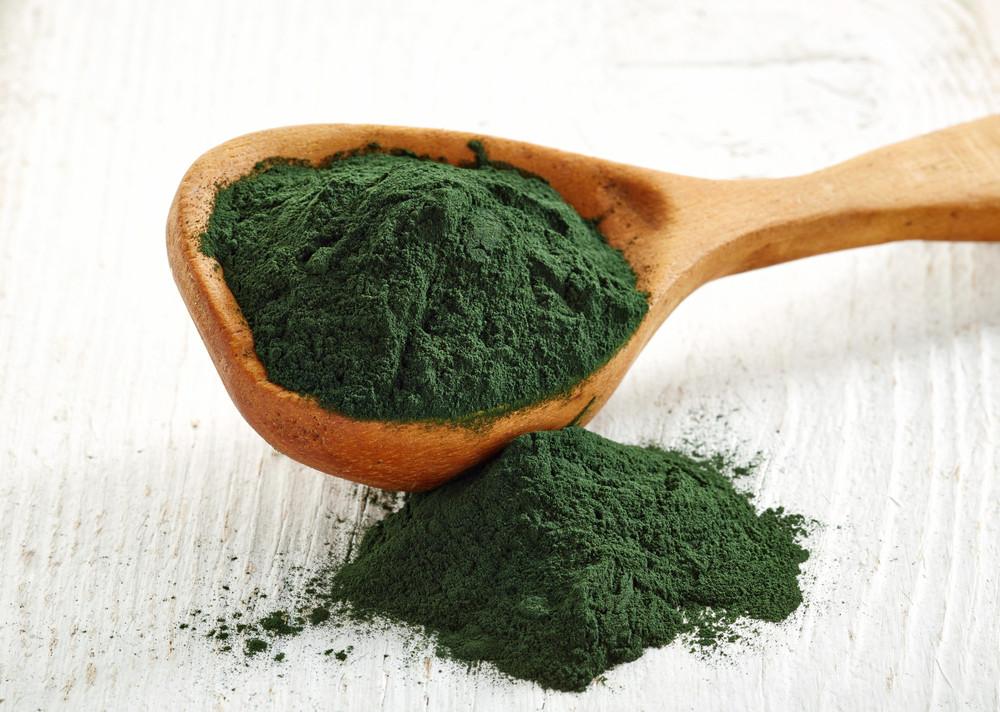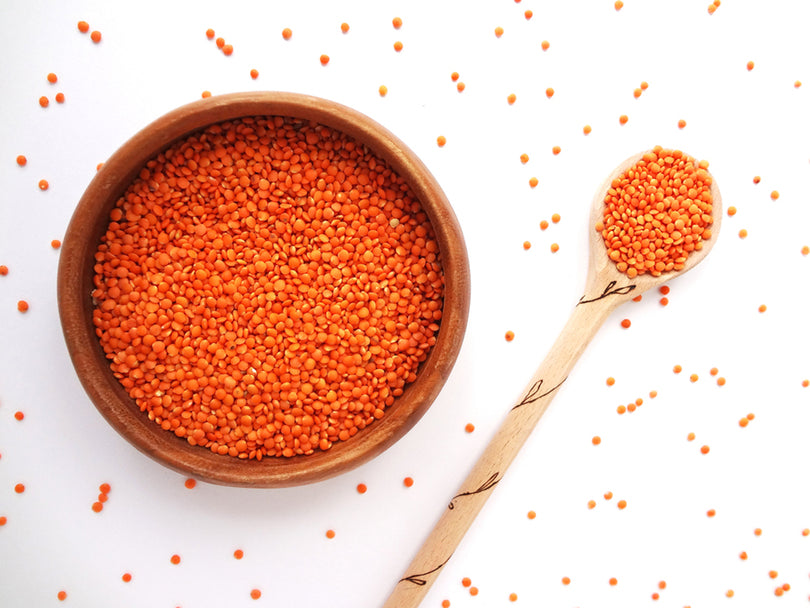Fast Facts About Spirulina


I’m sure lots of people hear the term ‘algae’ and are completely turned off by the idea of spirulina. But there are plenty of supporters of spirulina, with good reason. It’s packed with a range of nutrients and can provide many health benefits.
What you should know about spirulina
Here are some facts and benefits of spirulina you might not know!
It really is an algae
Technically, spirulina is a cyanobacteria. It’s a type of blue-green algae that naturally grows in ponds or freshwater lakes, relying on sunshine, pure water and tropical conditions to bloom.
It can be a source of protein
While the exact amount of protein depends on the variety of spirulina, by dry weight, it has the highest concentration of protein in any food. And good news for vegans and vegetarians — spirulina is classed as a vegetable protein.
Spirulina can give your immune system a boost
A source of magnesium, potassium, calcium and a number of other vitamins, spirulina has a bunch of nutrients that are good for our health. Early research indicates spirulina might assist with the creation of antibodies, helping your body to defend against infections.
Spirulina is also a source of tryptophan, which the body converts to serotonin, a feel-good chemical in our body. This chemical may help improve sleep and stabilise moods.
Spirulina may help with recovery
Spirulina can help to reduce inflammation and muscle fatigue, which may make it easier for your body to recover during and after a workout. The high protein can also help your body to rebuild muscle after a workout. It’s packed with chlorophyll, which can help to increase the oxygen levels in the body and may reduce any impurities in the blood.
Spirulina has anti-ageing properties
As a natural antioxidant, spirulina may help protect our bodies against cell damage. It has approximately four times the antioxidant ability of blueberries and also contains more beta-carotene than carrots. This not only provides antioxidant properties, but these benefits have also been linked to decreases in cardiovascular disease.
Spirulina can be a great pick-me-up
Feeling burnt out after a tough HIIT session? Spirulina has a stack of vitamins and nutrients that may help increase energy. It contains both vitamin B1 and B2, which can help your body draw energy from carbohydrates.
Spirulina is high in iron, which may help your body to produce energy and to use the oxygen your body takes in when you’re breathing. Iron also contributes to muscle repair and can reduce inflammation, so it is great for endurance.
If you’re not excited by the smell (or the look) of spirulina and water, try adding spirulina powder to post-workout smoothies. Spirulina capsules may also be available in some areas.
A little bit of spirulina goes a long way, so don’t be surprised when your smoothies turn a deep green colour!
* Disclaimer: This blog post is not intended to replace the advice of a medical professional. The above information should not be used to diagnose, treat, or prevent any disease or medical condition. Please consult your doctor before making any changes to your diet, sleep methods, daily activity, or fitness routine. Sweat assumes no responsibility for any personal injury or damage sustained by any recommendations, opinions, or advice given in this article.




<#= c.user.username #><#= moment(c.created_at * 1000).fromNow() #>
<#= c.html_body #> <# if (c.images) { #>
<# } #>